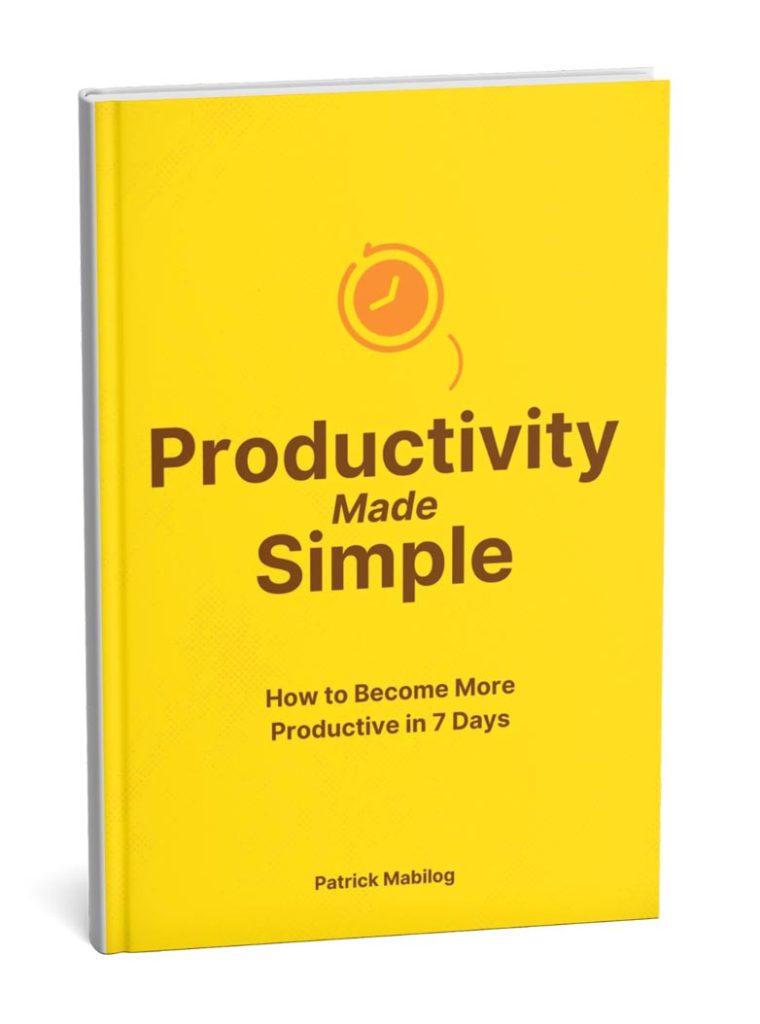Human beings have long been on this quest to become happy. We chase after hedonistic pleasures, seek success, and chase after experience and material things all because we want to be decidedly happy. Sadly (no pun intended), not everyone experiences true happiness. And it’s not for a lack of effort. Why do so many people who pursue happiness end up unhappy? And what must change for us to get our desired state of joy?
The Great Unhappiness Crisis
In 2008, some global force shifted the trajectory of life as we know it, causing disturbances that rippled across nations and made people extremely unhappy. If you’re like me, you might have thought about the recession, but that’s not it. It was the explosion of social media.
Since Facebook, Instagram, and all the massive social sites exploded, happiness indices, as measured by several organizations, started to go down a massive downward trajectory. As of late, the World Happiness Index reports the highest score is 7.8/10 (belonging to Finland). And that number is not at all impressive by any measure.
We live in a time where comparison (the infamous thief of joy) has become our benchmark for happiness. We feel happier when we have what others have and feel miserable when we don’t.
The great dilemma? There’s always going to be someone who has more than you. It doesn’t matter if you’re a centi billionaire or a monk who has achieved enlightenment. Someone will always have something you don’t.
And so we see more people hyper-curate their Instagram profile to appear to “have it all,” removing the negative affects and problematic aspects of our lives, thinking it makes us look more well-off. And as we do that, our happiness levels just keep taking a hit. Others chase hedonic hit after hedonic hit, thinking more luxuries, hallucinogenic substances, and adventures will fill the void in our hearts, only to come up short. Way short.
What We Think Makes Us Happy
In the 13th century, St. Thomas Aquinas wrote his Summa Theologica, which outlines “four idols” that he believed distanced people from God and created immense misery in members of the Catholic church. Those four idols were:
- Money — Or any form of wealth or resources accumulated.
- Power — Having command, control, and authority over others.
- Pleasure — Feeling good.
- Fame — Gaining admiration and respect in the eyes of those around us.
St. Aquinas’ reasoning was that people who would chase these four idols as the end instead of the means would find themselves utterly disappointed upon attaining it. We think that these four are what make us happy. Since this was published much later in the 15th century until today, these four idols still pollute, deceive, and confuse multitudes.
We think we can only be happy when we acquire a certain net worth, hold a certain position or title, lose ourselves in experiences, or gain the affirmation and affection of the masses. But, time and time again, soul after soul has only been crushed by the stark fact that none of these four idols can truly satisfy.
What Really Makes Us Happy
So, if money, power, pleasure, and fame will not make you happy, what will? I came across the work of Arthur C. Brooks, a leading voice in the science and study of human happiness, and the three pursuits that bring more happiness to us.
1) Enjoyment
The first one that Brooks highlights is enjoyment, which is one that we tend to misunderstand because we get lost in the semantics. Of all our definitions, true enjoyment is a homogenous mixture of three things: intrinsic pleasure, people, and memory. These days, travel seems to be one of the main ways people try to enjoy themselves. However, as per this mixture, not all travel experiences will be enjoyable.
There must be intrinsic pleasure, meaning you love the journey more than the reward. Additionally, it should be an experience you share with others, and, no, people who follow you on Instagram won’t cut it. They must be relationships that matter to you.
Lastly, you have to create memories you will remember with fondness. Put down the phone and really be in the moment. Your brain’s memory is more important than your camera storage at this point.
2) Satisfaction
The next element is satisfaction, which, again, so many of us misunderstand. We think that satisfaction comes by attaining and getting. But that’s not all there is to it. Science has shown that one important element of true satisfaction is pain, meaning you must suffer and sacrifice for what you want to attain. When you don’t, your heart only becomes more insatiable.
In the Philippines, there’s this growing trend of people who depend on OFW relatives for all kinds of envied items. We ask for shoes, houses, birthday parties, graduation gifts, Christmas gifts, and so on. Other people pay for your dues. They sponsor your children’s christenings and tuitions.
These are but the makings of a life ruled by an insatiable vacuum that turns us into green-eyed monsters that become a source of stress and pain to others. And because you did not suffer and sacrifice for those privileges, you’re not satisfied either. Your benefactors resent you. In the end, everyone loses.
This is also the satisfaction that comes when we exercise and lose weight the hard way. Studies show that over 79% of people who go through liposuctions gain the fat again. When you work for the result, the satisfaction is greater. Thus, the change sticks, and you continue to progress.
3) Meaning
The purpose seems to elude us at every turn, but the truth remains— everyone has an innate desire to find the reason they exist. Whether it’s by finding and connecting with their creator or by finding their reason for creation (hopefully, we find both). In our search for meaning, spirituality plays a crucial role. The main way you discover your reason for existence is to connect with the Reason for your existence.
That’s why my faith is such a crucial core of my purpose and meaning. A while back, I wrote about how I realized how wrong I was about my calling. The greatest antidote for that error was understanding my relationship with God more and seeking him for true guidance and direction.
All things considered, we need meaning in our lives. And that meaning must go beyond you. Wealth and awards will not give you a sense of meaning. I’ve been there and I was miserable— truly, my friend. True purpose comes only when we surrender ourselves to servitude.
If you find those who you are willing to live for (or even die for), you’re one step closer to purpose. That could be family, a community you love, friends, or marginalized people who need help. The list is endless. So many people need your help. Find those people and determine what skills and talents you must hone to serve them.
Do We Control Our Happiness?
This is such a crucial question because many of us think we are not in control of our own happiness. I get that there are external forces that cause grief and pain. I know what it’s like to battle with chemical imbalances that trigger our mental wellness (I suffer from clinical OCD and Hypomania and continue to manage them). With all those things considered, however, you are in more control than you think.
Enjoyment, satisfaction, and meaning— all these three pursuits are accessible. They are not easy, mind you. You will have to fight for them. But we’re already pursuing four idols that only trap us on a hedonic treadmill. Why not make the switch and spend more of your energy chasing the three domains that will give you more lasting and potent joy?





